How “Working for the Knife” is a cry for help: Mitski’s musical journey
“Working for the Knife” is Mitski’s latest single in her new album, “Laurel Hell.” It’s the first song that she has released since she announced that she would quit the music scene in 2019.
March 25, 2022
Work: is it that abandoned notebook lying in the corner, the bluish glow of a computer late at night or a person’s life story? Do we do work to achieve money, fame and glory, or do we just go through the motions every day?
Silence, then footsteps. A blurry image of a woman walking across the screen in a blue dress and black cowboy hat. The camera zooms up on a building vaguely reminiscent of the one on Mitski’s “Bury me at Makeout Creek” album. She travels up a palely-colored elevator. She finally arrives in a theater, and the music begins.
“Working for the Knife” is Mitski’s latest single in her new album, “Laurel Hell.” It’s the first song that she has released since she announced that she would quit the music scene in 2019. The album’s appearance was sudden but welcome, and I listened to all of it in one go.
The new album is fantastic. The album started with “Valentine, Texas,” with vivid imagery in its lyrics and chords. “The Only Heartbreaker” and “Should’ve been me” included personal, deep lyrics offset by upbeat instrumentals reminiscent of the 80s, and “Love Me More” and “Heat Lightning” used repetition in their lyrics to convey a feeling of desperation.
It was incredibly difficult for me to pick a favorite, but if I had to choose, it would be “Working for the Knife.”
Mitski’s most impressive skill is her ability to flawlessly combine words and song into one entity while expressing pure emotion. In her songwriting and lyricism, Mitski rarely conforms to standard pop structure (intro, verse, chorus, verse, chorus, bridge, chorus, outro). There’s no verse, no chorus and no bridge. Mitski only repeats two things: haunting piano notes right before the lyric “Working for the knife” and crashes of fuzzy guitar chords after. Her lyrics are split into five stanzas, each one beginning with the word “I.” It feels like a deeply personal letter addressed to herself, with Mitski bringing her listeners along her journey.
In a work-driven world, we need to give ourselves breathing space and time to think. So how come Mitski, someone who provides that moment of temporary relief to so many people, cannot find that peace of her own? Why did she unexpectedly release the album, and how is it important in our society?
As I read more into her music-making progress, I was distressed to find out Mitski was contractually obligated to make this album. This new album felt like a cry for help; “Laurel Hell,” its title, was a “a folk term for being trapped in thickets of laurel that grow in the southern Appalachian Mountains.”
In her music video, Mitski also uses interpretive dance to convey her anxiety. As she starts her performance, she suddenly jerks forward and gets rid of the cowboy hat sitting on her head, and continues to strip parts of her clothes away as the song progresses.
To me, these motions are very symbolic. It’s Mitski shedding away her “Be the Cowboy” era, which was her rise to fame. Out of her top-five listened songs on Spotify, three are from the album. “Washing Machine Heart” reached 200 million streams; “Me and My Husband” and “Nobody” both reached 100 million. However, with this fame, there were drawbacks.
Many people, especially her fans on TikTok, forget that Mitski is still a person and not a product to be consumed. During a recent tour, she sent out a tweet, asking her fans to not record her performance with their phones. She said, “it makes me feel as though we’re not here together.” A lot of people retweeted and defended their use.
It’s no wonder she writes that she’s “dying for the knife.” She’s being forced to continue her singing career when she likely does not want to, and some of her own audience disregards her choices as an artist.
There are many ways to view the message of “Working for the Knife”: a restriction of freedom, a need to create, a fear of choosing the “wrong path,” and how the capitalist nature of our society pushes us to work most of our lives. Mitski has expressed all four in her new single, and I hope that more listeners appreciate her art and style while still respecting her as a human being. I don’t know if she’ll ever release another album, but to me, this is a powerful ending.



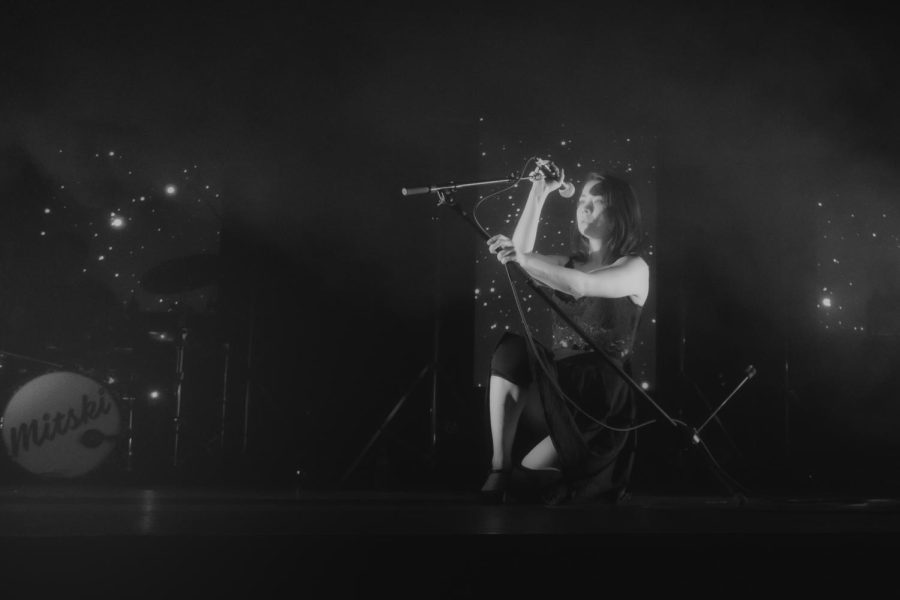

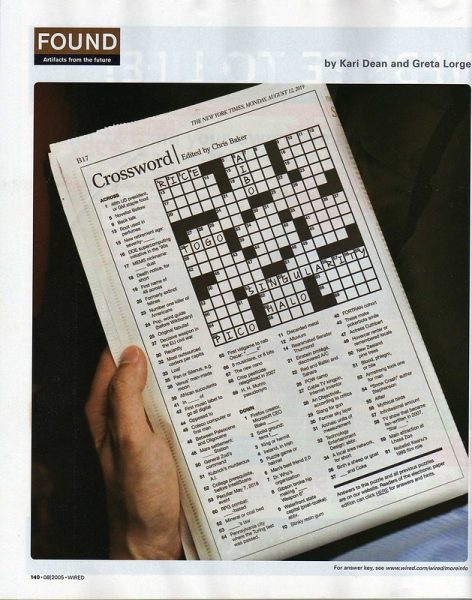
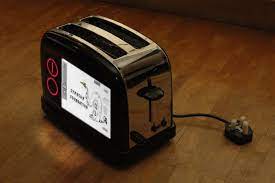
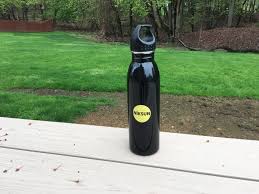

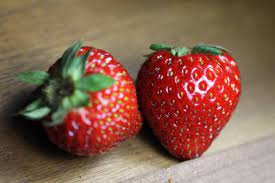
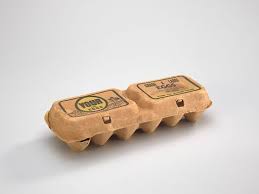

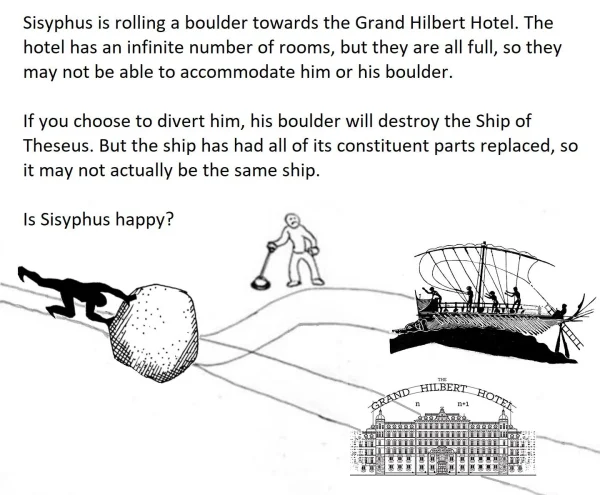

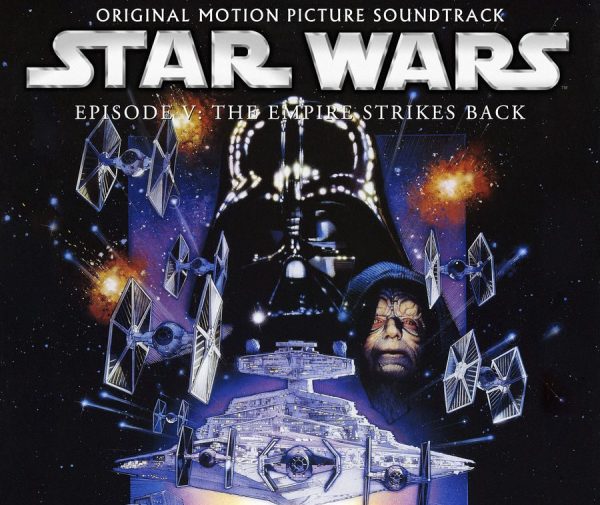

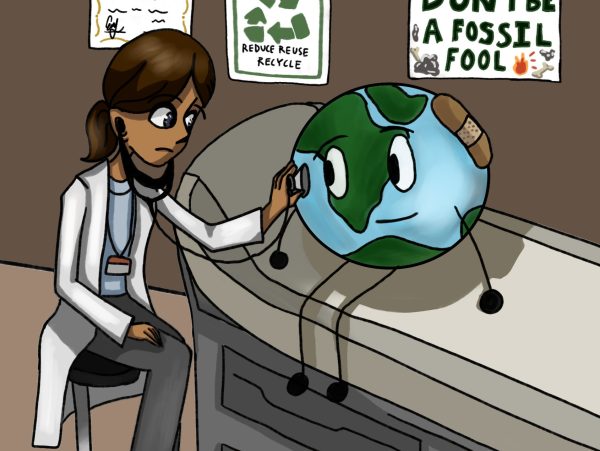
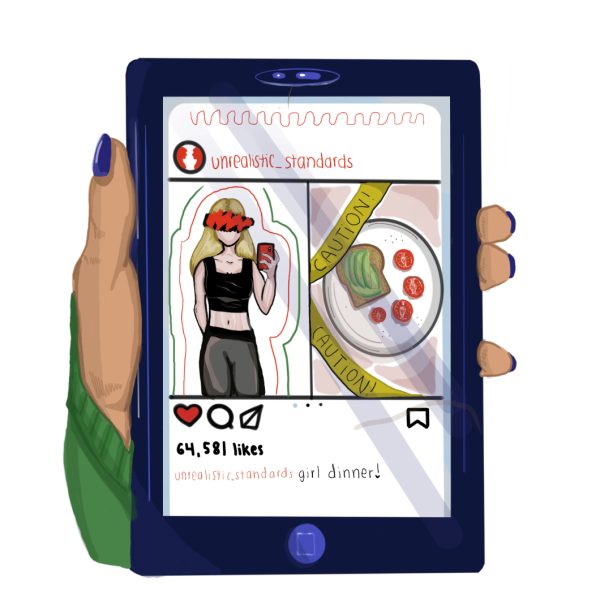
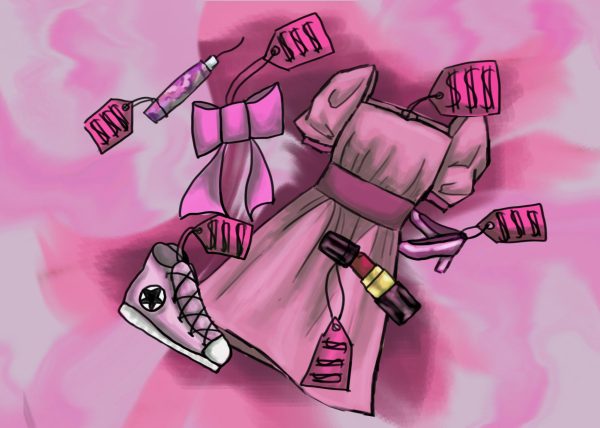



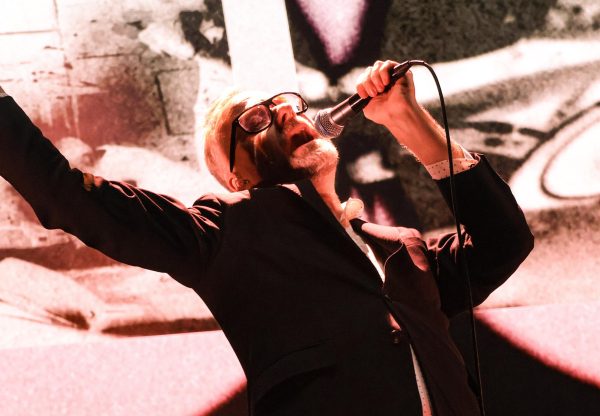


Kai gomez • Mar 25, 2022 at 8:46 PM
Omg flipped out when I saw this title in the new posts email… working for the knife is my favorite Mitski song. This is a great insight on her work, and is so relevant at a school like St. John’s. Sometimes it truly does feel like we are all dying for the knife. Lovely article